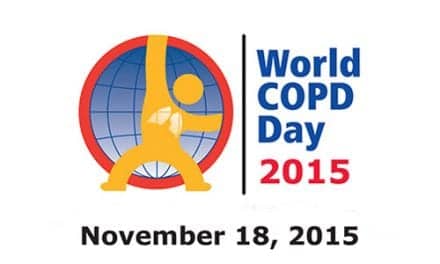Using beta blockers when a patient is admitted for a myocardial infarction (MI), or before the MI, seems to improve the survival rate in COPD patients, according to study results in BMJ.
“Cardioselective beta blockers were predominantly used in [COPD patients] and are less likely to cause bronchospasm,” the authors concluded. “There is evidence that beta blockers do not detrimentally affect lung function in patients with COPD, and thus severity of disease, or the lack of spirometry at the time of hospital admission for myocardial infarction, should not deter their prescription.”
For the study, researchers analyzed data from 1063 patients with COPD who experienced their first myocardial infarction between 2003 and 2008. During a median follow-up of 2.9 years, 50.2% of patients who never took a beta blocker died, compared with 38.9% of those receiving a beta blocker before myocardial infarction, and 24.9% of those newly receiving one during hospital admission.
After adjusting for confounders, patients receiving a beta blocker during hospital admission were 50% less likely to die than those never prescribed a beta blocker; those prescribed a beta blocker before admission also had a 41% lower risk for death.









